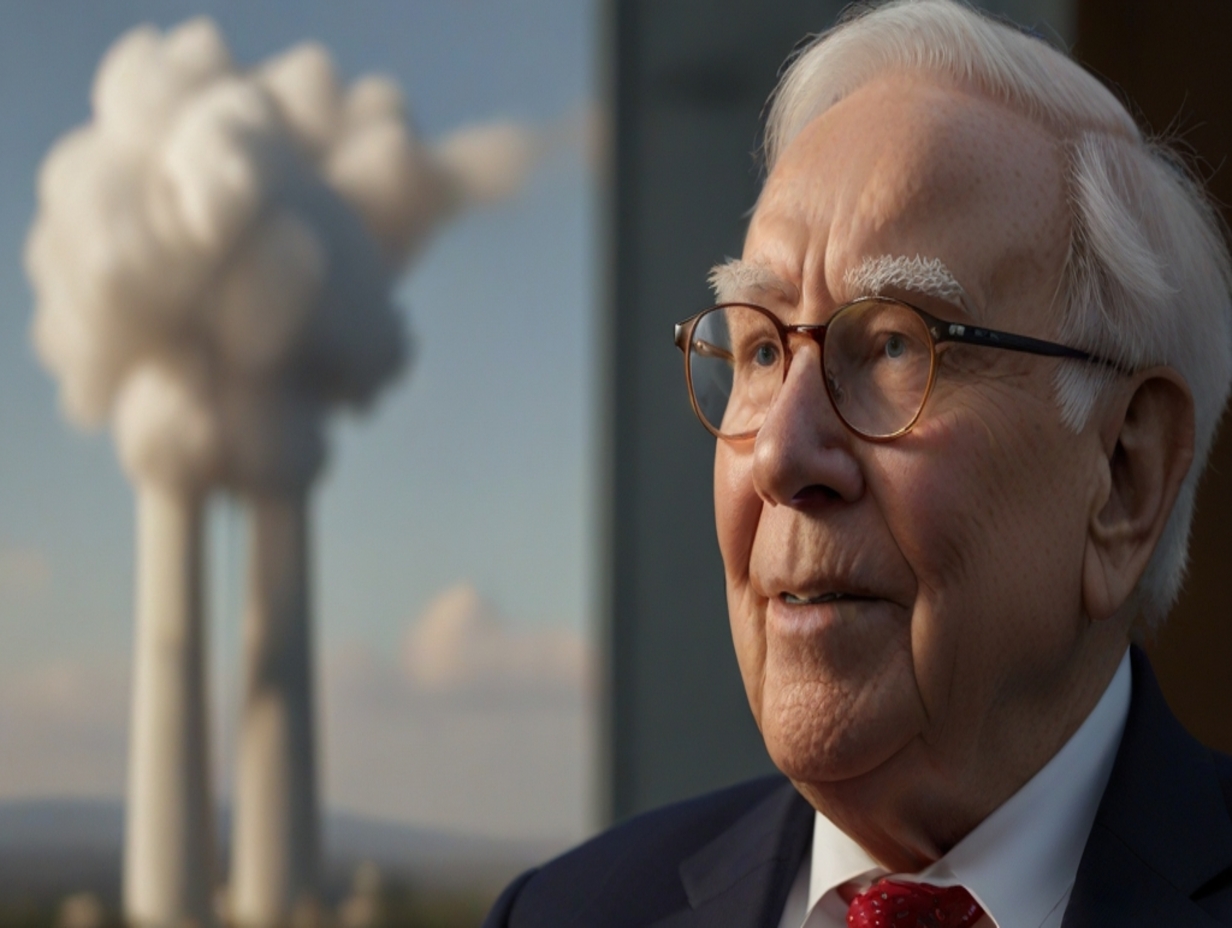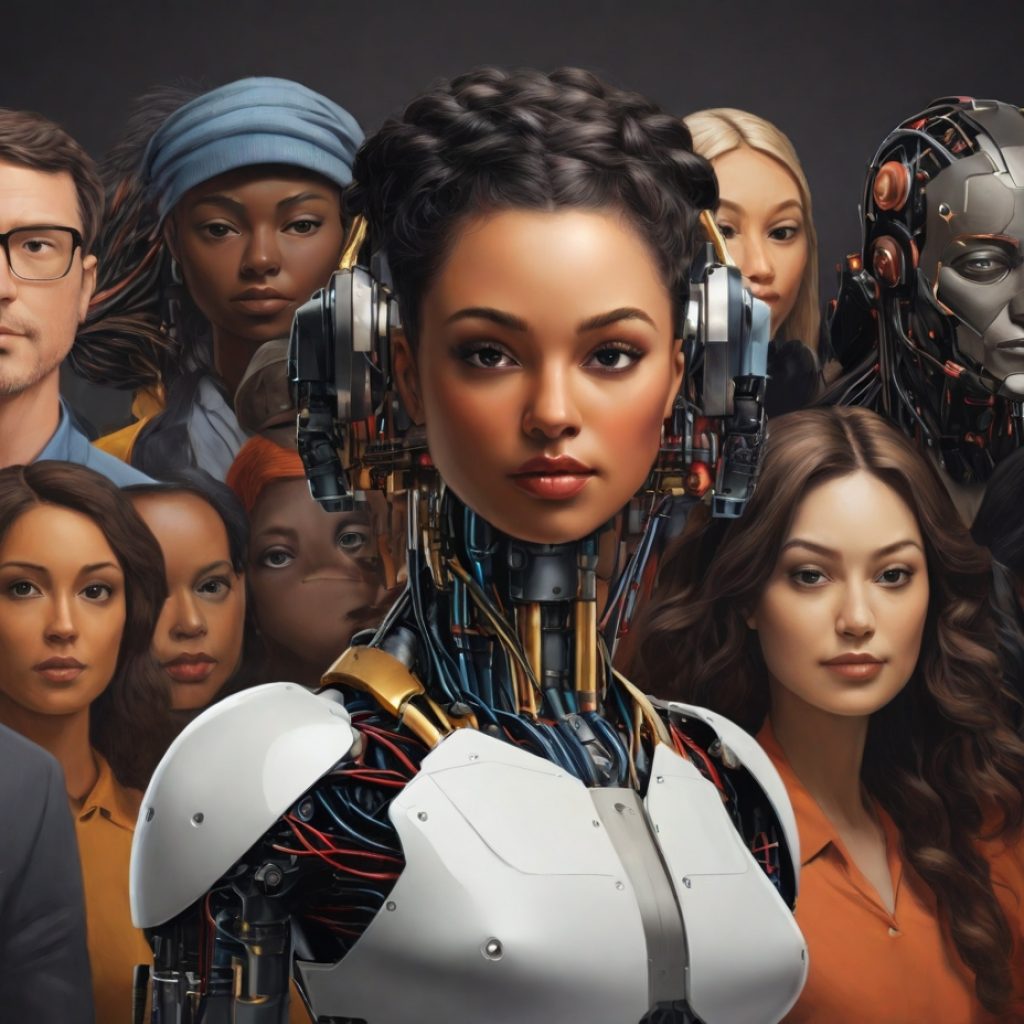At the eagerly awaited Berkshire Hathaway yearly shareholders meeting, Warren Buffett, the well-known investor and CEO, made an amazing comparison between the coming of AI and the origin of nuclear weapons. Through his words he made this evolutionary leap sound like a loud warning bell, to treat it with a responsible and cautious approach.
AI – A look into its even more nefarious influence
Buffett’s mistrust of AI is not made of thin air: it comes from observing the real situation that gave him a terrible impression of reality. He recollected seeing one of the AI videos where people had his image in it and were delivering a completely phony message without input or consent. Such an encounter made him see this AI-enhanced ability of deceit, scams and frauds that can be done on a scale not seen before, which he referred to as “the growth industry, the gigantic one, of all times”.
The paradox of potential
However, Buffett, despite his doubts, acknowledged the multifaceted nature of AI, saying that it held enormous potential for good and bad at the same time. This is evidence of a lack of the full understanding of this relatively new, rapidly developing technology that we can’t keep up with.
Ethical governance
And while AI ceaselessly explores new realms of human activity, the question of ethical authority and improvements in regulations must be sought after. Buffett’s warning about nuclear weapons is meant to show the extraordinary force it encompasses and remind people of their great responsibility in using such sophisticated technology.
In the same way that the atomic bomb turned the tides of the past by changing the history of humans, AI will shape the future by the unpredictable and perhaps unknown until it happens. This process must be underpinned by a regulatory structure that uses ethical guidelines to steer AI in the right direction, allowing us to tap its potential while safeguarding against any undesired effects.
A collaborative effort for the greater good
Ensuring a smooth transition to AI is an assignment for which no single entity or individual can be entrusted. That calls for a cooperative endeavor between the industry, the officials, and the society in terms of reasonable conversation as well as a common interest in the public good.
By establishing an atmosphere of frank communication and intense analysis, we can form the pathway of AI creation with continued progress and transformation for humanity to the benefit, not the disappointing surprise.
Following the visionaries’ footsteps
In the context of this technological upheaval, we should take a balanced view of AI, appreciating its ability to transform and being careful about the consequences of misuse. Visionaries like Warren Buffett are right to warn us about the uncharted waters of AI so that we approach it by taking caution and assuring ourselves that the genie brings about positive impacts, not unintended consequences.
The words of Buffett work as a battle cry, reminding us that the answer lies with us, the society to co-create the AI landscape. It is a daunting task that requires us to demonstrate our unfailing desire, our ethics, and the ability to move forward and defend the interests of future generations.
Amidst the dawn of an AI-powered future, let us borrow the lessons from the past and create a route focused on using the power of technology in the preservation of the values of human dignity, privacy and the sanctity of human existence.





